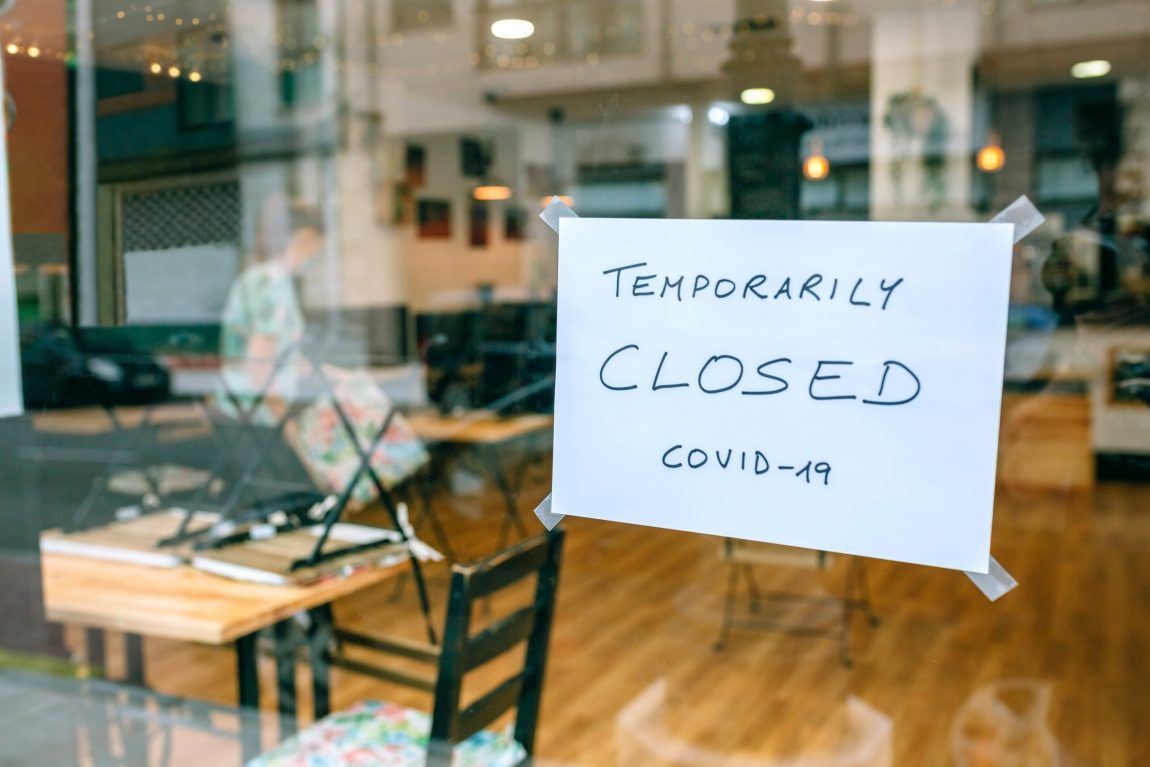
CARES Act Provides Additional Avenues of Relief for Debtors Contemplating Bankruptcy
Companies and individuals in the United States are confronting unprecedented challenges triggered by COVID-19, which has shuttered businesses, disrupted travel, supply chains, and the financial markets, and threatened global economic stability. In response to the pandemic, the United States government has responded with the most significant economic stimulus package in history called the Coronavirus Aid, Relief, and Economic Security, or CARES Act. This massive program included changes to the United States Bankruptcy Code that may help small businesses decide whether they need to pursue the protections of bankruptcy in order to restructure and find time to move forward.
The CARES Act builds upon the new Subchapter V of Chapter 11 of the Bankruptcy Code. The Small Business Reorganization Act of 2019 (SBRA) became effected in February 2020 and created a new subchapter of the Bankruptcy Code that creates the possibility that individuals and businesses can take advantage of Chapter 11 to reorganize and put forth a confirmable plan. The CARES Act temporarily increases the debt limit for non-contingent, secured and unsecured debt from $2,725,625 to $7,500,000 with at least fifty percent of the debts arising from the debtor’s commercial or business activities. This temporary increase may allow more small businesses impacted by COVID-19 to take advantage of the SBRA.
Among other changes, the SBRA (i) creates a special timeline for Subchapter V cases that reduces the deadlines for filing Chapter 11 plans, (ii) eliminates the need to pay quarterly United States Trustee fees, (iii) eliminates generally the need to file a disclosure statement and (iv) significantly reduces the possibility that an unsecured creditors committee would be appointed. Under a SBRA Chapter 11 plan, the debtor would typically propose to pay debts, including administrative expenses, over three to five years. The SBRA also authorizes the appointment of a standing trustee that will focus on advancing the case, helping the debtor formulate a confirmable Chapter 11 plan and resolving any disputes with creditors. This is unlike a typical Chapter 11 case where a trustee is not appointed without a showing of cause and would seize control of the debtor’s operations. The trustee will also focus on monitoring fraud and distributions under the plan.
The CARES Act also provides some relief for existing individual debtors. Chapter 13 debtors under current confirmed plans can seek plan modifications if they can establish a “material financial hardship” due to COVID-19. One form of relief available is the opportunity to extend a debtor’s plan payment up to a total of 7 years. Any such extension should reduce a debtor’s monthly payment obligations. Furthermore, to the extent an individual debtor receives a COVID-19 economic relief payment, the receipt of those payments will not be considered “income” for purposes of a bankruptcy or included in the calculation of “disposable income.” This should provide individuals with additional funds to help them during this pandemic.
In a complex business environment that is being impacted by this pandemic, Kennyhertz Perry brings a sophisticated understanding of the needs of businesses and individuals and the hard choices they must make moving forward. Kennyhertz Perry’s attorneys work with clients to identify and mitigate the risks of this ever-changing environment. To the extent a client needs to pursue restructuring of business or individual debts or explore other avenues, including bankruptcy, Kennyhertz Perry attorneys can help. During this difficult time, attorneys can discuss whether a business needs to take advantage of Subchapter V and stay a business’s obligations long enough to pursue negotiations with creditors, pursue loans and obtain other relief afforded under the Bankruptcy Code that may assist the debtor in resuming business operations.
Kennyhertz Perry has attorneys specializing in all aspects of the corporate life-cycle, including wind ups, restructuring, including deciding whether to file for bankruptcy, and developing asset protection strategies.
Ben Tompkins has significant bankruptcy experience representing governmental entities, individuals and corporate debtors in bankruptcy proceedings involving Chapters 11, 13 and 7 of the Bankruptcy Code. He spent more than a decade with the Department of Justice defending the interests of the Internal Revenue Service in numerous bankruptcy courts. His experience covers all aspects of bankruptcy litigation, including serving as lead counsel in several multi-day bankruptcy trials. Also, while serving as an Assistant United States Attorney in Los Angeles, he served as one of the United States Attorney’s Office’s bankruptcy fraud coordinators.
Kennyhertz Perry, LLC is a business and litigation law firm representing clients in highly regulated industries. The firm was founded by two veteran Kansas City attorneys, John Kennyhertz and Braden Perry. To learn more about the firm, visit kennyhertzperry.com.
*The choice of a lawyer is an important decision and should not be based solely upon advertisements.
